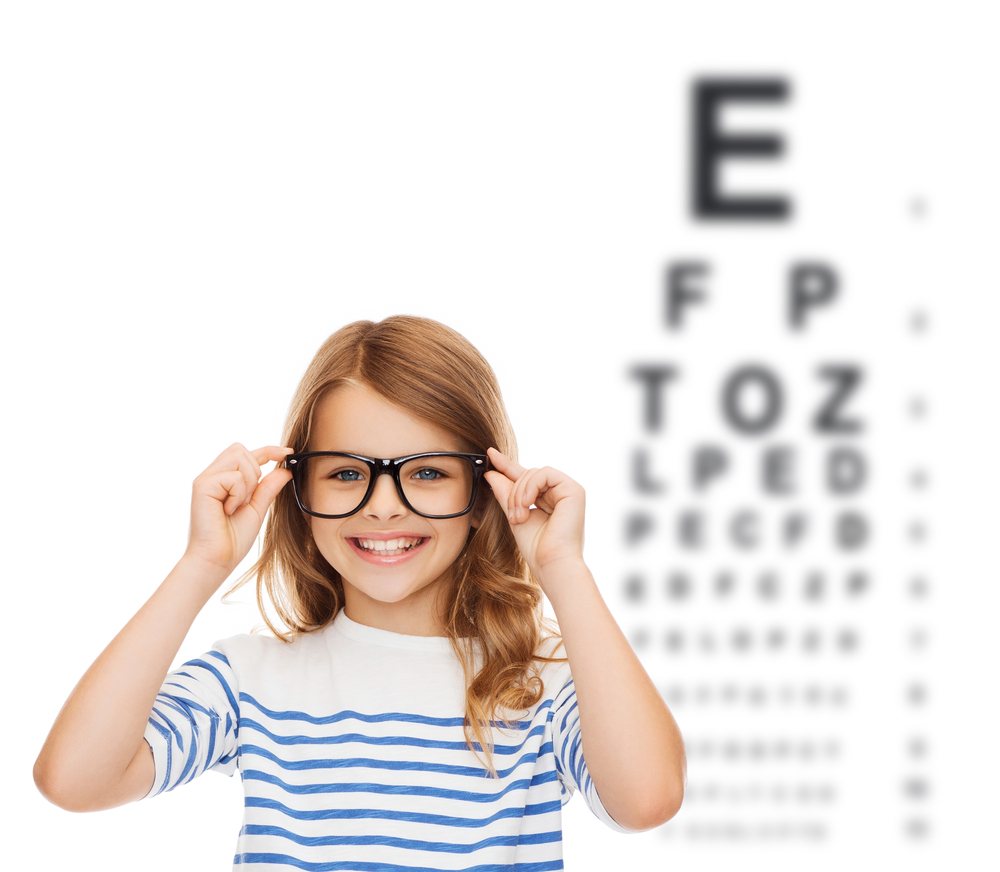
Eye exams are crucial for determining the patient's eye or vision health. Besides checking the vision, a comprehensive exam can help detect signs of eye diseases. Vision screenings are regular tests that help determine whether the child has a vision problem.
While they are helpful, they are not sufficient. A child can pass a vision screening yet have an undiagnosed eye or vision problem. Both vision screenings and eye exams are necessary for good eye health.
In-school Vision Screenings
In-school vision screenings are simple tests that detect myopia and severe amblyopia. However, they do not detect most vision issues that can make it difficult for children to learn.
Most school learning is dependent on clear eyesight and good visual skills. Children need strong visual skills to read, comprehend, use computers, perform well in exams, and participate effectively in field activities.
Drawbacks of Vision Screenings
There are several drawbacks to in-school vision screenings. They include:
Inadequate testing equipment
Poorly controlled testing environment
Performed by school personnel not trained in eye care
In most cases, in-school vision screenings are characterized by a need for more equipment and technology. It makes it hard to identify deficits in visual skills that can impact the child's education. Those performing the screening have no expertise to conduct the tests reliably and accurately assess the results.
Comprehensive Eye Exams
Comprehensive eye exams are detailed eye checks conducted in a clinic set up by trained eye specialists. Optometrists use specialized equipment and assessments to get a clear picture of the child's vision, visual skills, and overall eye health. Eye exams help assess visual acuity, eye turns, lazy eye, eye tracking, 3D vision, color vision, convergence, and ocular health. These are vital for ensuring that children have the best opportunity to reach their educational potential.
Benefits of Comprehensive Eye Exams
It is essential to realize that even with 20/20 vision, your child may have certain vision problems. Apart from determining visual acuity, eye doctors assess visual skills to rule out issues, including:
Focusing difficulties
Convergence insufficiency
Visual processing problems
Poor depth perception
Eye professionals recommend annual comprehensive eye exams even before the child starts school. The exams help with the early detection and treatment of vision issues.
Eye Exams vs. Vision Screenings
The vision screening procedure may vary in thoroughness. It depends on the location, but in most cases, tests include visual acuity. Eye and pupil inspection is also conducted. In some cases, photo-screening can help detect refractive errors and other eye abnormalities.
An incomplete vision screening can miss signs of vision problems or eye diseases. Comprehensive eye exams help diagnose eye and vision problems and recommend necessary treatment.
Many parents need to realize there is a huge difference between eye exams and school vision screenings. Screenings can miss essential details of a child's visual and ocular health. It cannot replace comprehensive eye exams. Studies indicate that almost one in four children in the country have undiagnosed or untreated eye or vision problems. It is vital to schedule regular or annual exams for children and adults.
For more about eye exams vs. in-school vision screenings, visit Primary Vision Care at our Newark, Lancaster, Mount Vernon, Wilmington, or Waynesville, Ohio offices. Call (513) 897-2211, (937) 382-4933, (740) 393-6010, (740) 654-9909, or (740) 299-1155 to schedule an appointment today.







